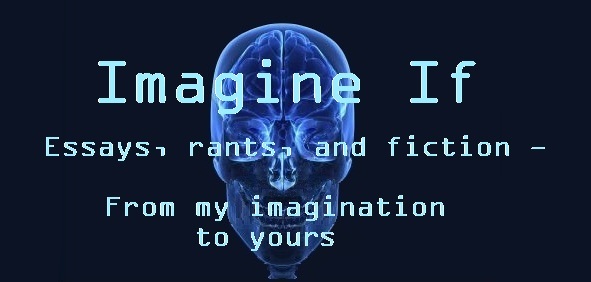Not a trace of doubt in my mind."
- Monkees
I believe in gravity. I can't touch gravity, nor can anyone, but I have utter faith that what goes up must come down. I believe in viruses - though I have never seen one personally, I trust what the wise have told me about them. Of course I have directly observed the effects of both gravity and viruses, which adds considerable credence. This makes me a believer, more or less. Turns out that I'm not alone.
Believing is important to the human animal. Faith is so prevalant, apparently, that it must have some evolutionary value. At this point many readers are probably conclusion-jumping that faith is a word describing a religion. Not at all. There is far more to believe in than some invisible diety or vague prophecy. Faith is simply a word defining the believing state of mind.
A little thought experiment on the subject lends us some idea why blind faith might be valuable. Imagine two groups of neanderthals occupying the same territory. They compete for food, water, and everything else. Tribe One has trust in a strong leader, though fewer members. Tribe Uno has more members, but no real leader, depending on family ties for cooperative behavior. Eventually these tribes will come into a more direct conflict, and here is where belief will rule.
If all the members of Tribe One have faith in their leader, they will enter this conflict despite being outnumbered. They will follow his lead, obey his orders, and sacrifice themselves if needed. Tribe Uno will lack this cohesive action; some will not fight, others will only fight in defense of family, and few will be willing to sacrifice for the overall good of the tribe. Despite the advantage of numbers, Tribe Uno will most certainly lose this war and the tendency to trust will be passed on to future generations. Clearly, faith has it's advantages. However, that original advantage of pure belief is now somewhat less helpful.
Those vast crowds of believers are today themselves a true problem. They search endlessly for something or someone to put their faith in. In itself, the search for enlightenment is a noble goal, but like any flood the danger is in how much. Empires have grown and died, crusades met jihads, and revolution became oppression in the quest for true faith.
In fact, belief is so powerful that some people live off it. Con men, despots, and false prophets all deal in the coin of misappropriated trust. Fake holy men make a profitable institution of misplaced faith. Politicians create lucrative and influential careers out of lies. Thankfully, these particular parasites are not the majority, although their machinations and depredations often effect huge populations.
On the other hand, could we really do without our hunger to believe? Nationalism is a reflection of that original neanderthal trust. Without it few nations would exist, and those would likely be the worst kind of iron-fist despotism. Religion unites millions in good will and samaritan aid. And do not discount the countless small acts of faith each human indulges – friendship, mortgages, marriages, and babies.
The urge to be led, to trust in others, to believe in powers greater, has led humans to some truly great deeds, and deeply terrible moments. Faith gave birth to Nazis and Allies alike. In the end we must hope – no, we must believe – that the positive will grow and negative fade, the good overcome the bad, worthy wax and wicked wane.
Sorry, got a little carried away there. Can ya believe it?

No comments:
Post a Comment